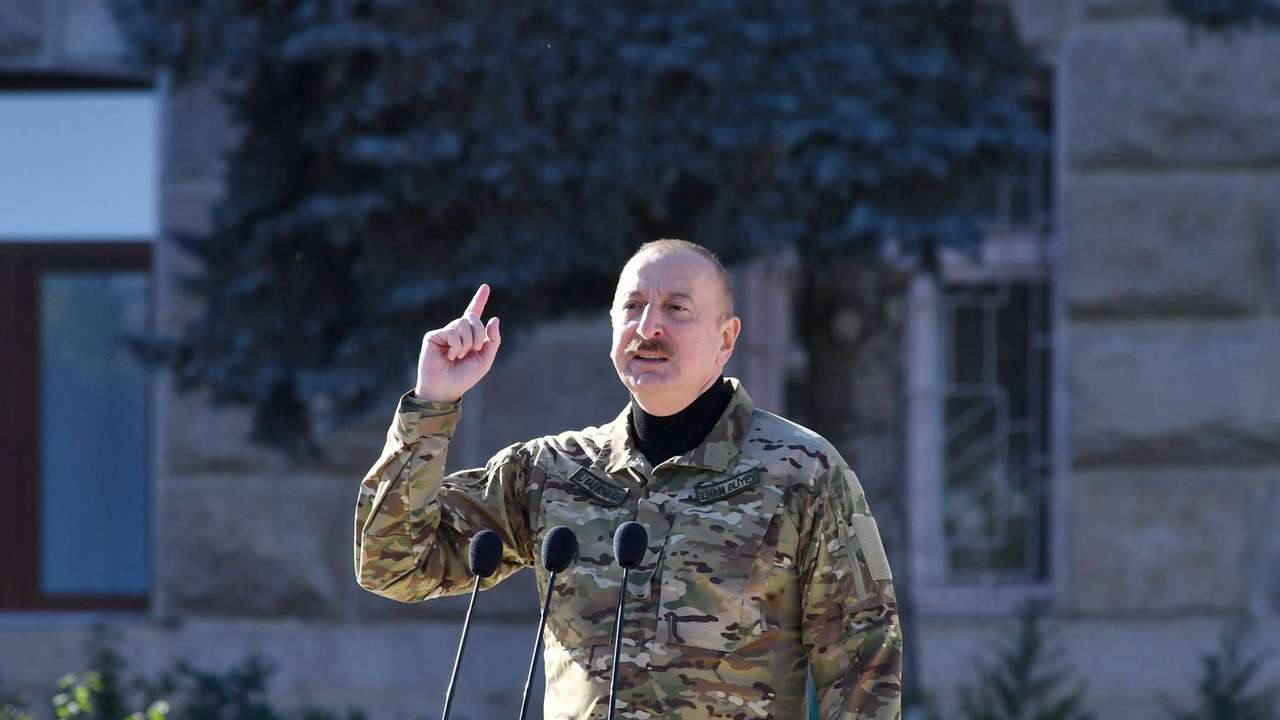Armenia, Azerbaijan announce steps toward normalization, peace agreement

Armenia and the Republic of Azerbaijan have declared their intention to normalize relations, marking a pivotal shift in the aftermath of the recent conflict in Nagorno-Karabakh.
One of the initial steps towards this normalization process involves the exchange of hostages captured during the war.
The protracted dispute over Nagorno-Karabakh has spanned several decades, with the region serving as a historical arena for power dynamics between the two neighboring countries.
Russia, once a mediator of peace between Armenia and Azerbaijan, has aligned itself with Azerbaijan, altering the geopolitical landscape.
Nagorno-Karabakh, previously under Armenian control for the past three decades, saw a change in governance as the Republic of Azerbaijan took control in late September, shifting the dynamics in the region.
Of strategic importance in Central Asia, the resolution of tensions in Karabakh diminishes its tactical threat to the Zangzor Corridor.
This development brings the "Turkish Corridor" closer to fruition. Connecting the "Middle Corridor" to the "Zangzor Corridor" holds geopolitical significance, allowing Turkish countries like Turkmenistan, Uzbekistan, Kazakhstan, Kyrgyzstan, and Tajikistan to bypass regional superpowers.
This strategic connection provides them access to the global market, facilitating the sale of abundant raw materials, including gold, gas, and oil.
In a joint statement released on Thursday evening, Armenia and Azerbaijan expressed their recognition of a "historic opportunity" to achieve lasting peace.
Both countries conveyed their optimism about signing a comprehensive peace treaty by the end of the year, signaling a potential turning point in their relations and the broader geopolitical landscape of the region.